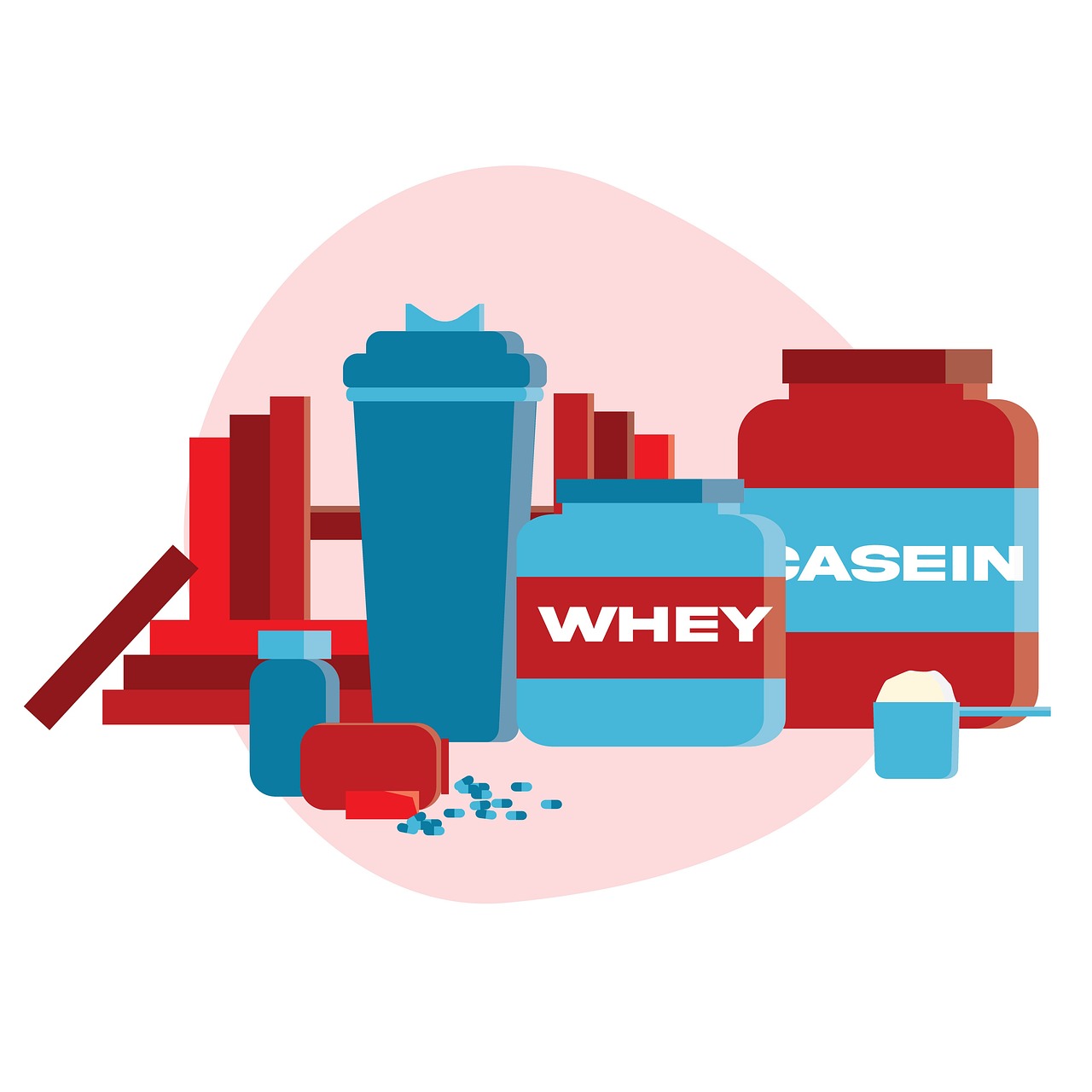
Understanding Pre-Workouts
The primary active ingredient in most pre-workout supplements is caffeine. This stimulant exerts its effects by stimulating the central nervous system, which enhances alertness and delays the onset of fatigue. These effects contribute to improved performance during exercise. Pre-workout supplements are available in various forms, including powders and capsules, and come in both stimulant-containing and non-stimulant versions to cater to different preferences and requirements.
Optimal Usage of Pre-Workouts
- Frequency of Use: It is recommended not to use pre-workout supplements daily as this can lead to the development of caffeine tolerance, which diminishes the efficacy of the supplements. It is advisable to use pre-workouts predominantly on days designated for strenuous lower body workouts that demand greater effort and endurance.
- Timing: To achieve optimal results, pre-workout supplements should be consumed approximately 30 to 45 minutes prior to exercising. This timing allows the caffeine to reach peak levels in the bloodstream, which ideally aligns with the workout period for maximum effectiveness.
- Dosage: The recommended dosage of caffeine in pre-workout supplements generally ranges from 3 to 6 milligrams per kilogram of body weight. This dosage may need to be adjusted based on individual tolerance and usual caffeine consumption. Users are advised to start with a lower dose and gradually adjust it to avoid potential adverse effects such as jitteriness or anxiety.
- Consider Your Schedule: Given that caffeine has a half-life of about 3 to 5 hours in the body, it is important to consider the timing of both your workouts and pre-workout supplement intake to avoid disruptions to sleep quality. It is particularly crucial to avoid consuming pre-workouts close to bedtime, especially for evening workouts, to ensure that sleep is not adversely affected.
Key Ingredients in Pre-Workouts
Caffeine
- Effects: Caffeine is known to improve memory, enhance performance, and increase endurance. It boosts reaction times and enhances endurance capacity, which are beneficial during high-intensity workouts.
- Potential Side Effects: While caffeine is effective in enhancing workout performance, it can also lead to side effects such as jitters and anxiety, particularly at higher doses.
Beta-Alanine
- Benefits: Beta-alanine is a key ingredient that significantly increases muscular endurance. It also enhances the effectiveness of other performance enhancers, such as creatine, making it a valuable component of pre-workout supplements.
- Potential Side Effects: A common side effect associated with beta-alanine is a tingling sensation, which is generally harmless and subsides with continued use.
Creatine
- Advantages: Creatine is known for its ability to boost anaerobic power, enhance training capacity, and accelerate recovery. These properties make it particularly useful for athletes and fitness enthusiasts who engage in high-intensity training.
- Usage Note: Due to its potent effects on muscle energy metabolism, it is advisable to consult a healthcare provider before starting supplementation with creatine, especially for individuals with pre-existing health conditions.
Nitric Oxide Precursors (e.g., Citrulline, Arginine)
- Benefits: These compounds are essential for enhancing blood flow to muscle tissues, which improves oxygen and nutrient delivery during workouts. Enhanced blood flow not only supports increased performance but also aids in recovery by removing metabolic waste products more efficiently.
- Enhanced Effects: The increased blood flow also contributes to better endurance and strength during workouts, making these compounds crucial for achieving optimal results from exercise routines.
Pre-Workout Meal
- Carbohydrate Focus: It is recommended to consume approximately 1 gram of carbohydrates per kilogram of body weight approximately two hours before engaging in exercise. This helps optimize energy levels, which is essential for effective training. Including a moderate amount of protein and keeping fat intake low during this meal facilitates easier digestion and sustains energy release during the workout.
Post-Workout Nutrition
- Recovery Refueling: After a workout, it is crucial to replenish the body with both protein and carbohydrates. This combination aids in muscle recovery and helps restore glycogen stores depleted during exercise, which is vital for muscle repair and growth.
Safe Practices in Pre-Workout Supplementation
Start Low, Go Slow
- Initial Dose Assessment: Begin with a smaller dose of the pre-workout supplement to gauge your body’s tolerance. This approach helps mitigate potential adverse reactions and identifies the most effective dose with minimal side effects.
Gradual Dosage Increase
- Controlled Dosage Adjustments: If necessary, gradually increase the dosage of the pre-workout supplement. It is imperative to adhere to recommended limits to avoid excessive intake, which can lead to negative health effects.
Evening Workout Considerations
- Caffeine-Free Alternatives: For workouts occurring later in the day, consider using a caffeine-free pre-workout supplement to prevent sleep disturbances. Caffeine has a half-life that can significantly impact sleep quality if consumed too close to bedtime.






